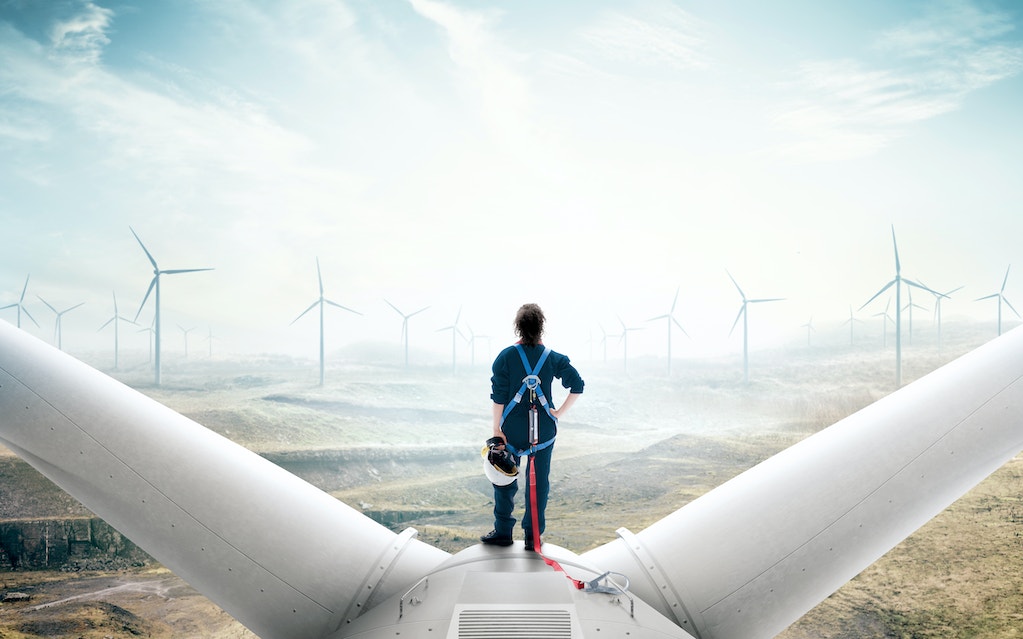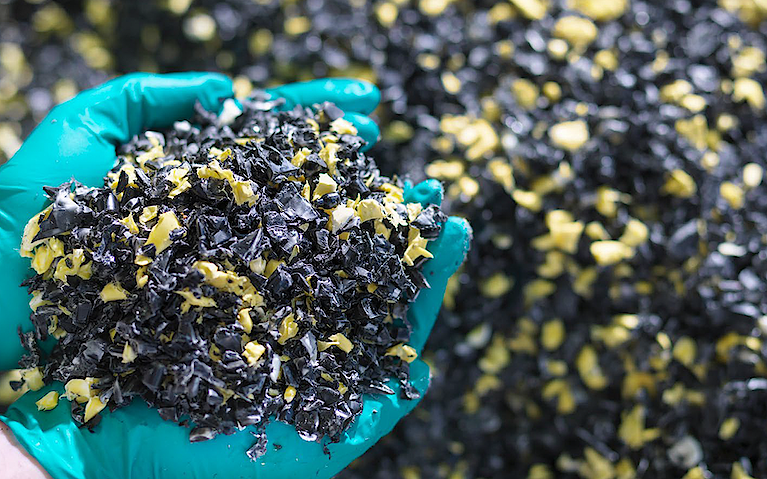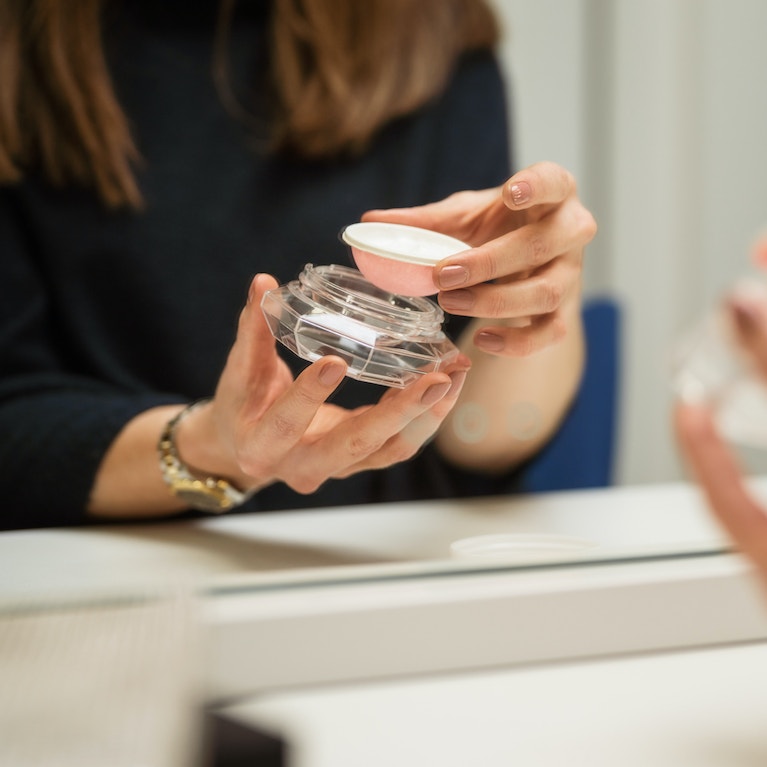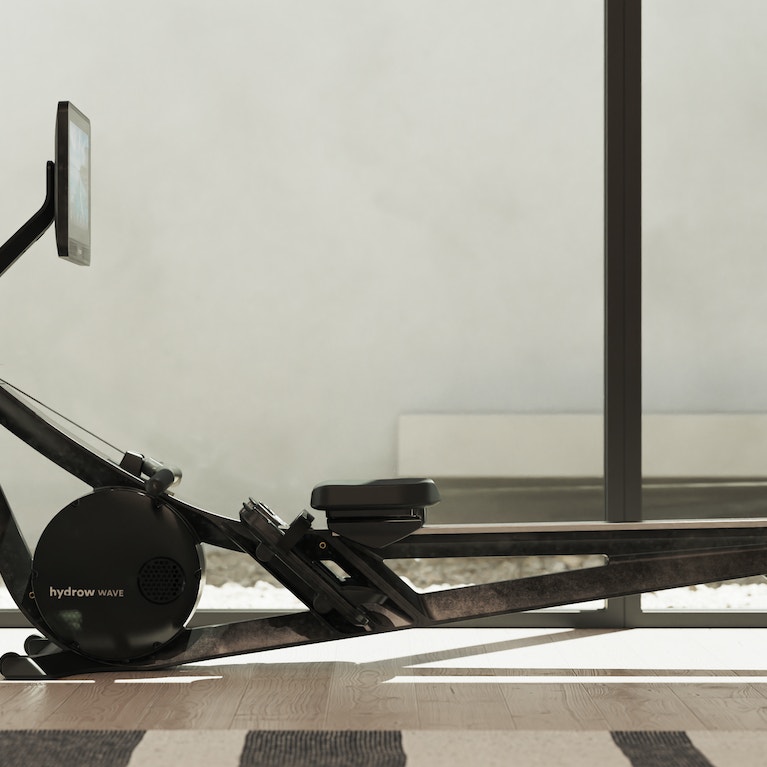
UBQ Materials
Using landfill waste to create new products
UBQ Materials Ltd, a B-Corp start-up headquartered in Israel, is tackling the growing global problem of landfill waste. The company has found a way to transform residential municipal solid waste into a biomass-based thermoplastic material. For every tonne used and produced, approximately 1.3 tonnes of landfilled waste are diverted and up to 15 tonnes of carbon dioxide equivalent are saved in its current pilot commercial operations. When deployed at scale, the technology could help address the challenge of global warming. We worked closely with the company to develop its growth strategy and market message as it seeks to expand globally.
Key successes
- Conducted a critical review on the company’s technology and marketability
- Developed a circular economy assessment framework, to measure elements of the business against its effectiveness to be restorative and regenerative by design to deliver business value
- Used a life cycle assessment to direct growth plans, protecting the key value proposition of UBQ’s offering
Addressing growing landfill waste volumes
Municipal solid waste is either partially recycled, incinerated or landfilled. Landfill waste volumes are growing, driven by increased consumption of plastics, single-use food packaging and disposable fast fashion, among other trends. At unmanaged sites, harmful gases release into the atmosphere and toxins leach into groundwater, damaging communities and their future.
In addition, many landfills face capacity issues, meaning that government municipalities need to allocate substantial new acreage to new sites or find a different way to dispose of their waste.
Developing a product that reduces emissions
UBQ (short for ubiquitous material) had developed and patented its innovative UBQ™ material. The company uses household waste as a feedstock and converts it into a thermoplastic. The new material can be used for example to displace polypropylene, PVC or polyethylene, to create end-products such as pallets, waste carts, recycling bins and sewer pipes. For every tonne of UBQ™ material used, up to 15 tonnes of carbon dioxide equivalent are saved, making it climate positive. If deployed at scale, the technology could help address the challenge of global warming.
We worked with PA to evaluate and challenge our business model and found new ways to communicate the value we provide to the market. As part of that process, we realized that we were making growth decisions that focused on the downstream value proposition of our life cycle analysis, PA underscored the criticality of factoring LCAs into decision making throughout our entire value chain.”
Enabling a circular economy business model
Due to the novelty of its solution, UBQ had faced challenges getting traction in the market. Our experts in circular economy and sustainability, material science, engineering and strategy performed an in-depth review of their business to identify ways to clarify and refine UBQ’s value proposition. We assessed UBQ’s technology, growth strategy, operations and interviewed potential customers and circular economy enabling partners to determine the company’s circular economy maturity. The circular economy aims to keep products, components and materials at their highest utility and value at all times. Companies do this by focusing the entire product value chain on reusing, refurbishing and recycling where possible; maximizing inherent value in products and by-products; reducing material and energy costs; and consuming services rather than purchasing assets.
After reviewing our analysis, the leadership team understood how to further embed circular economy concepts in their business model and what was required to create the ecosystem to support that shift. This enabled UBQ to focus on emphasizing its support of multiple UN Sustainable Development Goals, enhancing its value proposition and credibility in the marketplace.




“PA’s insight into our value proposition helps empower our marketing and development team to communicate the net impact of UBQ material in a way that is accurate, transparent and has social clout,” says Rachel Barr, VP, Sustainability, UBQ Materials Ltd.
* figure dependent on the type of host material used for UBQ’s additive
As companies, governments and communities increasingly embrace circular economy principles, UBQ™’s approach could empower the conversion of residential waste into products that deliver lasting value, creating opportunities to build a positive human future.
Explore more






